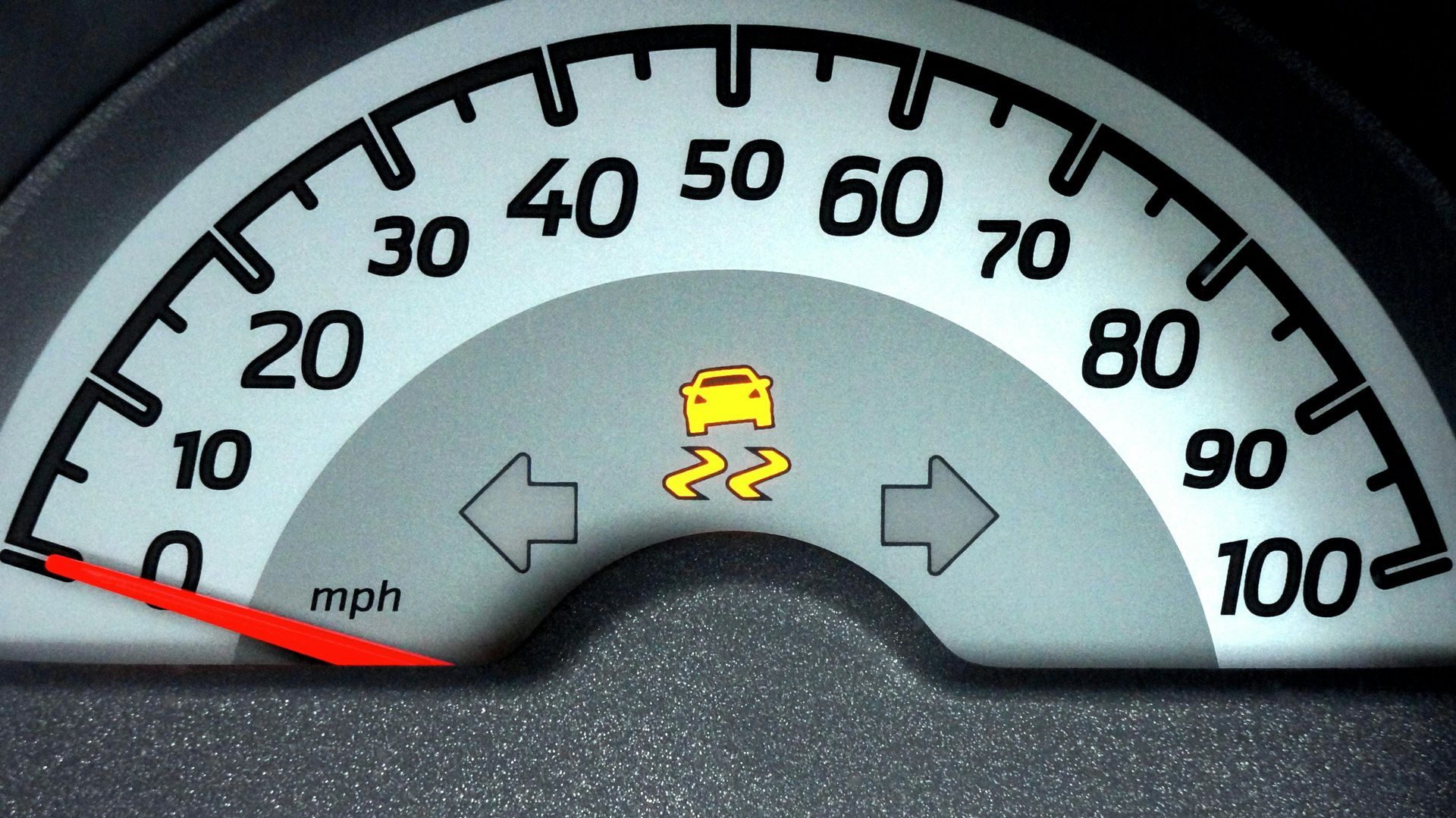Why Brake Fluid Maintenance Is Critical for Your Safety
🚗 Why Brake Fluid Maintenance Is Critical for Your Safety
At TFS Total Fleet Services, we like to use a simple analogy: at 210 degrees you have hot water, but at 212 degrees you have steam powerful enough to move a train. A small difference in temperature can make a massive impact.
Brake fluid works much the same way. Depending on the type, clean brake fluid can have a boiling point between 500 and 800 degrees. But over time, moisture builds up from years of temperature changes and contaminants from system components. Once that happens, the boiling point can drop to 300–600 degrees.
Why This Matters
Brake fluid is designed to act as a hydraulic pressure agent, transmitting force from your brake pedal to your wheels. But when fluid reaches its boiling point, it begins to turn into vapor. Instead of firm hydraulic pressure, you’re left with a soft pedal — or in worst cases, no braking power at all.
This risk is especially high when:
- Towing heavy loads
- Driving large vehicles like RVs or motor coaches
- Descending steep grades that generate high brake temperatures
In these conditions, brakes can reach their boiling point quickly if the fluid is degraded.
The Importance of Regular Brake Service
That’s why routine brake fluid flushes are critical. Replacing old, moisture-contaminated fluid helps ensure consistent stopping power and prevents dangerous vapor lock.
Another commonly overlooked service is lubricating the calipers and pad slides. Proper lubrication keeps the brakes applying and releasing smoothly, preventing dragging that causes overheating and wasted fuel.
The Takeaway
Brake maintenance isn’t just about pads and rotors — it’s about making sure the entire braking system works as intended. At TFS Total Fleet Services, we provide complete brake inspections, fluid flushes, and system care to keep your vehicle or fleet safe on the road.





